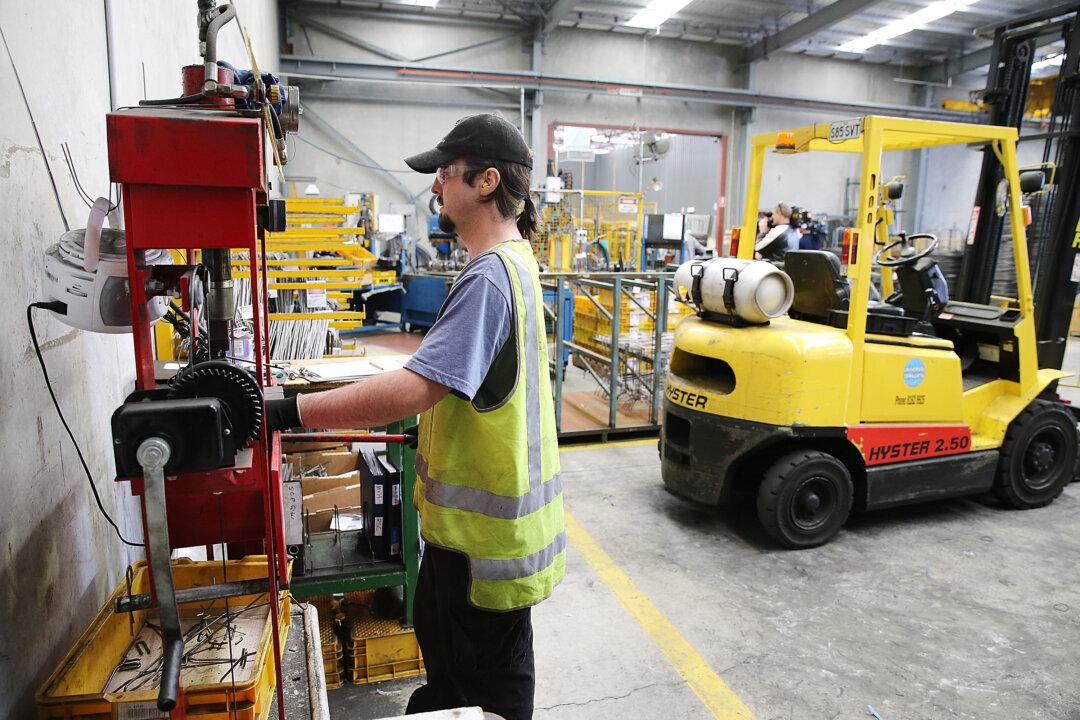Australia’s peak employer association welcomed the commitments in the budget but said it failed to target the country’s structural economic challenges.
Innes Willox, CEO of the Australian Industry Group (Ai Group), said the budget’s contribution to the productivity agenda was limited to positive initiatives that would boost the workforce over time.





